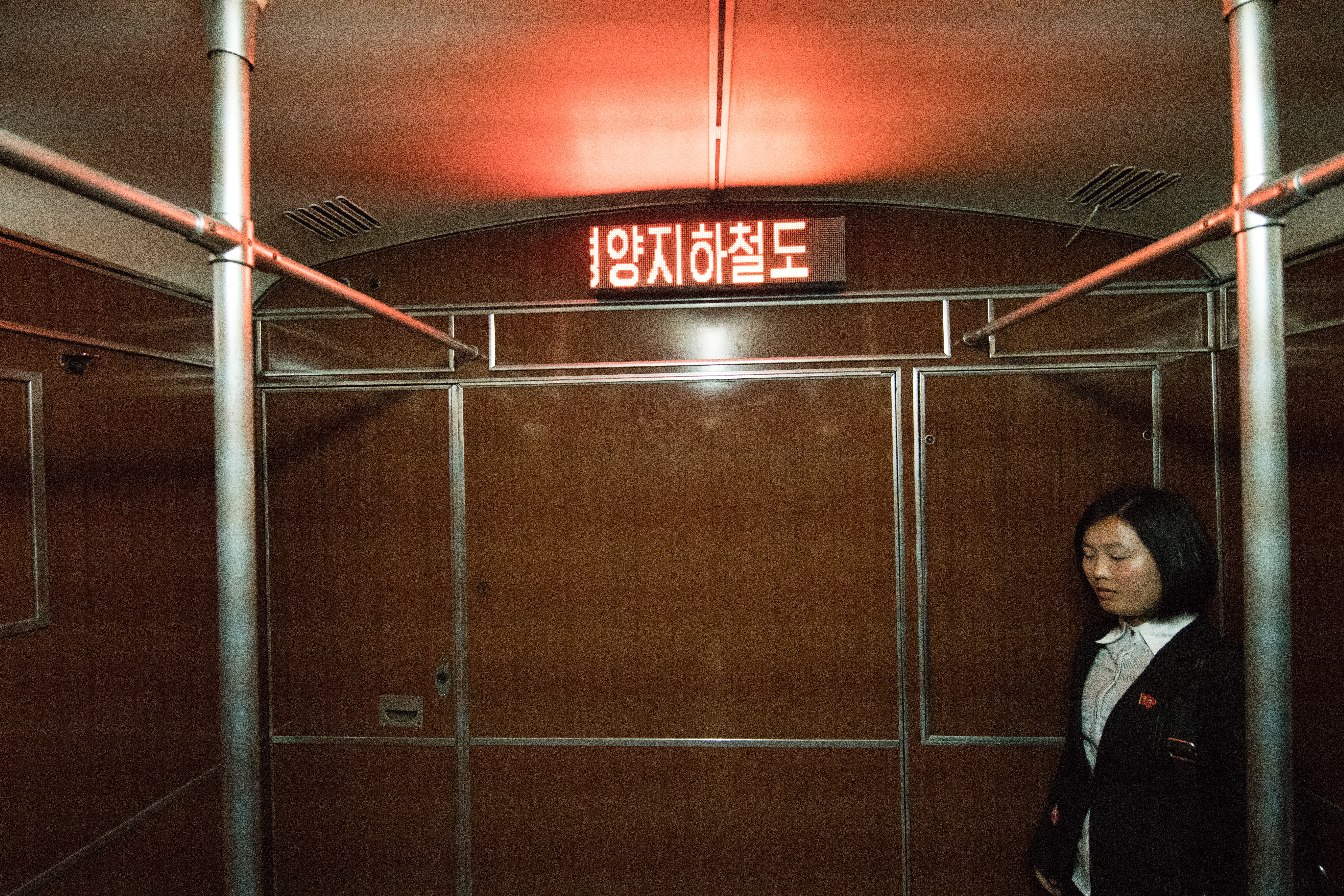For decades, the United States has been trying to get North Korea to surrender its nuclear weapons program. Successive presidents have continued to demand complete, verifiable, irreversible denuclearization (CVID) instead of coming to terms with reality: North Korea is no longer pursuing a nuclear weapons program but has already completed one, and the likelihood of a state agreeing to CVID when it already possesses nuclear weapons is extremely low. Too many people in Washington DC are reluctant to accept this reality. If the Biden administration wants to stand any chance at successful diplomacy with Pyongyang, it must accept the facts and shift its policy.
Although former president Donald Trump tried various approaches to make diplomatic gains with North Korea, his administration’s policy ultimately failed for one simple reason: demanding CVID upfront. The time the last administration wasted pushing for CVID could have been spent negotiating a gradual arms reduction with both sides giving and gaining something in return. That’s the simple logic behind any negotiation. Instead, North Korea bought itself four more years to further develop and expand its nuclear arsenal, the results of which were on full display last month during a large military parade held in Pyongyang.
This continuous buildup of arms has drastically increased the stakes for the Biden administration to come up with a more realistic policy toward North Korea.
This continuous buildup of arms has drastically increased the stakes for the Biden administration to come up with a more realistic policy toward North Korea.
This means understanding that more sanctions are also not the way forward. The North Korean government has survived despite years of sanctions, proving to the international community how ineffective sanctions are in securing any long-term agreement. Kim Jong Un and his allies have proven extremely creative in finding ways to bypass sanctions and earn foreign currency through other means, such as through elaborate hacking operations to gain cryptocurrency and steal valuable data. For example, they recently tried hacking AstraZeneca to develop their own COVID-19 vaccines. So, at this point, will more sanctions really scare the regime? Of course not.
Biden must find other ways to bring the North Koreans back to the negotiating table. The key here will be for the new president to take action within his first one hundred days in office. Washington-Pyongyang talks have been stalemated for two years and there’s no telling when Kim’s patience will run out, resulting in the resumption of nuclear tests.
Biden must express his desire for a return to diplomacy to the North Koreans. But, instead of jumping straight to summit-level meetings, his administration should first focus on holding various rounds of working-level talks between officials from both countries. Furthermore, this time around, the US should listen to the proposals put forth by the other side and actually put effort into arriving at a compromise.
The reality is that Kim Jong Un will not give up his entire nuclear arsenal without firm security guarantees and the gradual lifting of sanctions. This requires a give-and-take mentality in the negotiation room. Indeed, South Korea, Russia, and China have been advocating for a more step-by-step approach to negotiations for years, instead of the United States’ CVID demands. Since those demands are unrealistic, the best thing the Biden administration can hope for is a freeze on further weapons development and a gradual scale down of North Korea’s nuclear weapons program in exchange for lifting some sanctions which, for example, could allow for some inter-Korean economic projects to be carried out. As of now, any talk of an end-of-war declaration is far too premature. Serious progress must be made before that can even be considered.
Whether Washington likes this approach is irrelevant – it’s the only viable option for scaling back North Korea’s nuclear weapons program. That is, the only option aside from an all-out invasion of the country and forceful regime change. This would likely result in an Iraq or Libya-like scenario, the only difference being many, many more deaths and a possible escalation to World War III if China gets involved, which it likely would. And none of us want to see that happen.
Biden should not make the same mistakes as his predecessors by sticking to a failed strategy. The stakes are too high and time is not on his side. If he’s not willing to risk further expansion of North Korea’s nuclear weapons program, Biden must adopt a realistic, give-and-take negotiation stance towards North Korea before it’s too late.
Gabriela Bernal is a Korean affairs analyst and freelance writer based in Seoul, South Korea. She is a PhD candidate at the University of North Korean Studies, researching North Korean foreign policy.





















